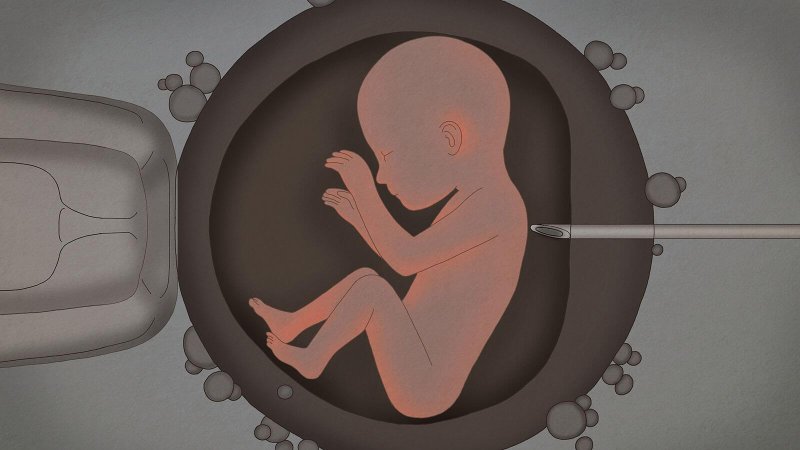We’ve reached the point in scientific and technological advancement that editing our own genomes, or those of humans not yet born, is no longer a reference to a science fiction film. … The question has now shifted from could we do it to should we do it? And the latter is perhaps just as difficult to consider as the former.
But public opinion matters, too. And according to a recent poll taken by the Pew Research Foundation this past May, the American public is okay, on the whole with gene editing human embryos, as long as the tweak will cure a harmful genetic disease the baby is destined to get.
…
On the whole, most Americans—72 percent of us—already support editing the genome of soon-to-be-born human embryos to fix a genetic disease the baby is sure to have.
…
While most Americans agreed that genetic, pre-destined illnesses and ailments were okay to edit out, people were less settled on diseases with more nuance. 60 percent say gene editing would be appropriate to reduce an individual’s risk of developing a disease of their lifetime, but 38 percent say that was taking medical technology too far. And for something less necessary, like increasing a baby’s intelligence, we were far more wary. Just 19 percent thought that would be an appropriate use of the technology.
Read full, original post: Americans have some really mixed feelings about editing human embryos































